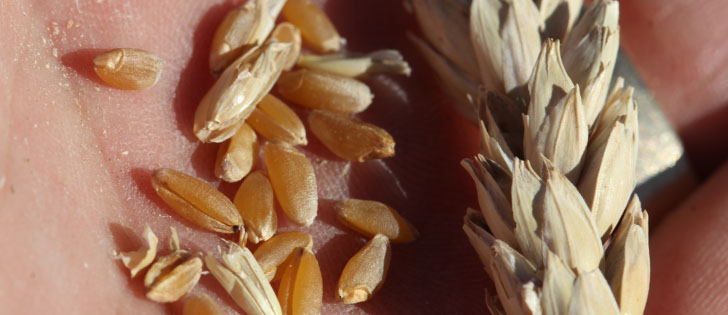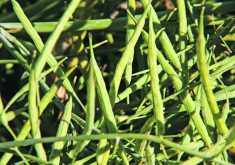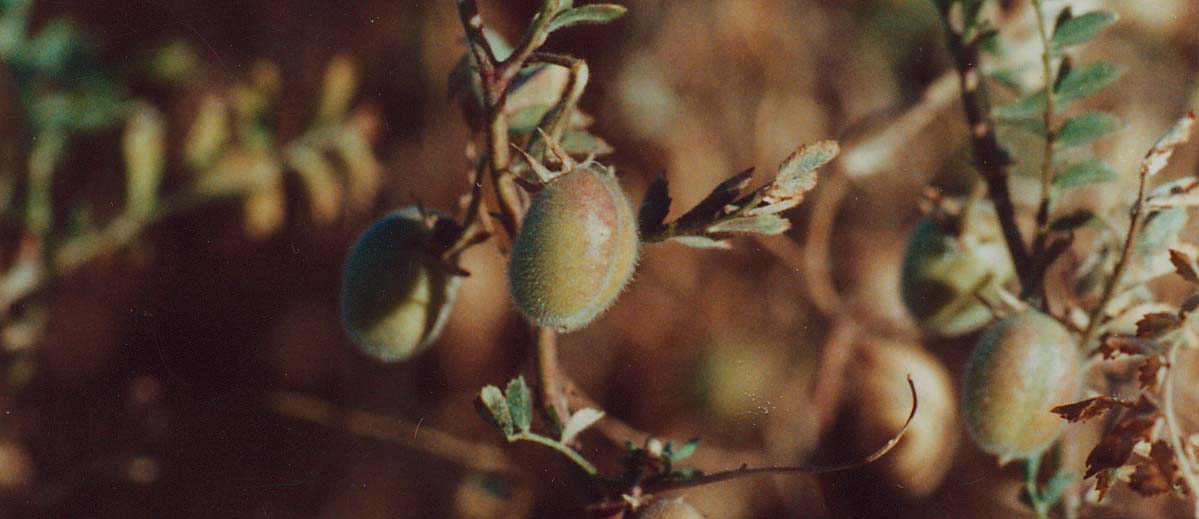Ottawa’s promise that supply management tariff and quota protections will not be compromised during free trade talks with the European Union jeopardizes any chance of substantial gains for exporters, says a Canadian hog industry leader.
Martin Rice, executive secretary of the Canadian Pork Council, said that the beleaguered hog industry hopes that a free trade deal with the EU could open a European market for 50,000 tonnes or more of ham exports.
They are now blocked by European tariffs and an anti-import system of administering EU guaranteed access through tariff rate quotas. Europe imposes a tariff of approximately $1 on each kilogram of ham imports from Canada, making the product uncompetitive in most markets.
Read Also

Organic farmers urged to make better use of trade deals
Organic growers should be singing CUSMA’s praises, according to the Canadian Chamber of Commerce.
Canada-EU free trade talks began last week in Ottawa and there is a push from Europe to conclude a deal within two years.
“We would be delighted if we could end up with a situation where we could ship 100,000 tonnes or even 50,000 tonnes of ham,” said Rice. “That is a weak area in our marketing and there is a real market in Europe for ham.”
But he said an Oct. 8 declaration by trade minister Stockwell Day that supply management protections will not be negotiated makes any chance of a breakthrough for exporters less likely.
“Absolutely,” Day said at the House of Commons trade committee when asked Oct. 8 if Canada would refuse to sign a trade deal that undermined supply management tariff and tariff rate quota protections. “We have been clear on that.”
He said he was referring to the Canada-EU talks although it also applied to World Trade Organization talks.
Rice said that commitment throws a damper over free trade talks with the Europeans because one of their high priorities is to gain better access to Canada for European cheese and dairy products.
“I think that position will diminish considerably the European enthusiasm for negotiating a free trade deal with Canada,” he said. “Access for dairy is a high priority for them since they see their access to a growing dairy products market here no better than it was 30 years ago.”
The Canadian Pork Council straddles Canada’s trade policy divide.
It is a member of the Canadian Federation of Agriculture that defends supply management and is also a member of the Canadian Agri-Food Trade Alliance, which promotes the export side of Canada’s trade interest and is hostile to Canada’s defence of supply management.
Meanwhile, Canadian groups opposed to genetically modified crop varieties are using the launch of Canada-EU free trade talks to campaign in Europe against the potential deal.
It could impose on Europeans Canada’s more lax rules governing GM products, they argue.
“Canada-EU trade negotiations have started at the very time that European companies are pulling products off the shelves because of illegal GM flax contamination from Canada,” Lucy Sharratt, co-ordinator of the Canadian Biotechnology Action Network, said in an Oct. 22 statement.
“European consumers should know that Canadian regulations of GM foods and crops are not to be trusted. There are irreconcilable differences between Canadian and EU regulation of GMOs,” said Sharratt. “This summer alone, Canada has managed to contaminate Europe’s food with an illegal GM flax as well as authorize Monsanto’s new eight-trait GM corn called SmartStax in a way that does not meet European regulations or even United Nations food safety guidelines.”
Steve Verheul, former chief Canadian agricultural negotiator at the WTO, is leading the negotiations with the EU.














